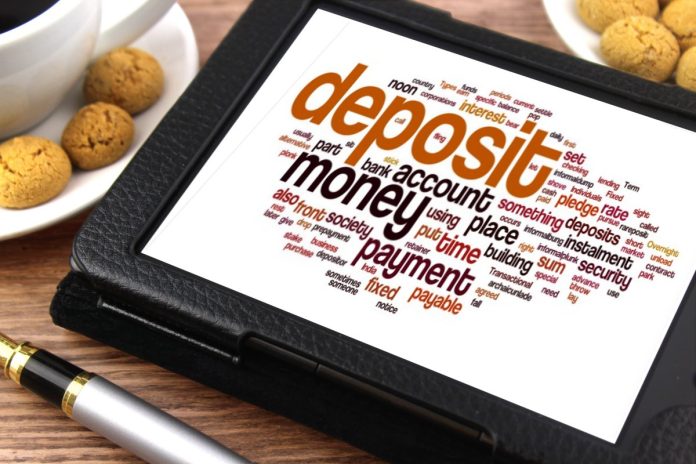Fixed deposits are a safe way to save and invest money. Since there is no monetary risk with fixed deposits, they are the first choice for many people who want to invest without risk. Since many other forms of investments are subjected to market risks, fixed deposits provide a safer solution to anyone with a lump sum.
Are you wondering if this makes a fixed deposit an asset? Fixed deposits are an excellent way to earn interest over your existing money securely. With an FD interest rates calculator, you can easily estimate how much you can make on your FD.
Let’s find out if a fixed deposit is an asset or not.
How does a fixed deposit work?
A fixed deposit is a type of investment that allows a depositor to secure a lump sum for a specific tenure in exchange for an interest rate given by the bank or NBFC. The depositor shall not withdraw the money within the given term to enjoy the full benefits of a fixed deposit. Many banks and NBFCs do not pay the interest on premature withdrawal of fixed deposits since they have used the money during the tenure. You must look at the interest rates, terms, and withdrawal policies to find the best schemes for fixed deposits in India.
More about the assets
An asset is a person or group possession used for monetary requirements, available for selling, mortgaging, or consumption and has a monetary value. An asset helps obtain money on different occasions.
Assets can be both tangible and non-tangible. Also, there are two more variants of assets: current and non-current. Any short-term deposit falls into the category of current assets, while long-term deposits fall under the non-current asset category.
Is a fixed deposit an asset?
If put simply, yes, a fixed deposit can be considered an asset because one can use it for monetary gain. There are many reasons why a fixed deposit is considered an asset. Some of them are:
#1 They can be both short-term and long-term
Fixed deposits can be both current assets and non-current assets, depending on their tenures. When a fixed deposit tenure is shorter than one year, it falls into the current asset category. Current assets are those which are available for immediate use. Since long-term fixed deposits cannot be utilized immediately, they fall under the non-current asset.
#2 They are one of the safest investments
A fixed deposit is one of the safest ways to invest without worrying about market risks. The best fixed deposit scheme will be the one that will safely allow the depositor to earn without doing anything. You can open an FD account, and upon maturity, you will receive the interest amount paid depending on the interest rates and the selected tenure.
#3 Fixed Deposits can save tax
Various tax saving fixed deposits in the market keep the depositor safe from TDS. TDS is only payable if the interest amount is reinvested. You can easily keep your interests safe from taxes by setting appropriate tenure, withdrawal policy, and type of deposit.
#4 Monthly income
The interest paid on the FD can have different withdrawal policies. Generally, banks or NBFCs offer specific options to pay the interest rates. You can opt for monthly, quarterly, yearly, or on-maturity withdrawal options. You can use an FD interest rates calculator to calculate what you can get in return while opening a fixed deposit account. It can be excellent if you are looking for a fixed monthly income after retirement. You can use your existing fixed deposits as a source of monthly income.
#5 Acts as collateral
You can open a line of credit or an overdraft against a fixed deposit. There is an option to use your fixed deposit as collateral and avail of a loan against it, which makes a fixed deposit an asset you can utilize during your emergency financial needs. To get the best fixed deposit scheme, try to understand how you can use this deposit as an asset later. Fixed deposits can be helpful for both long-term and short-term monetary needs.
Read more blogs – tablogy



















